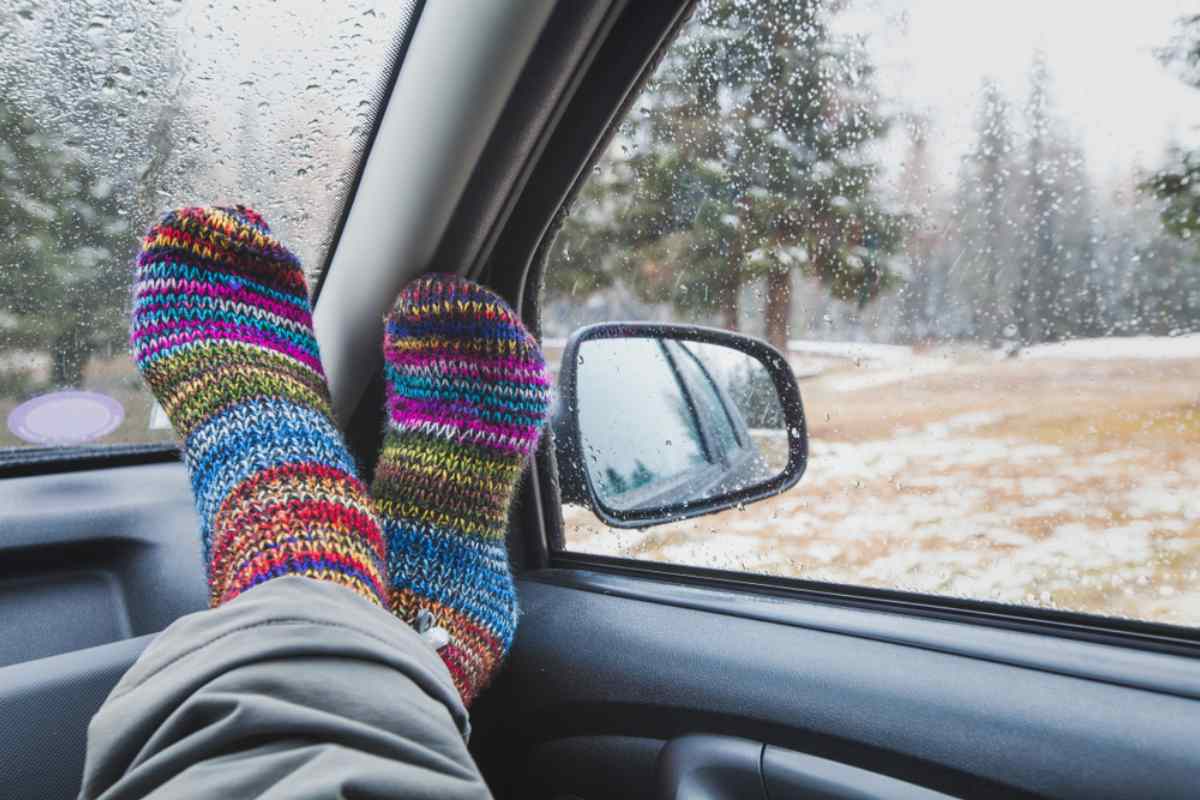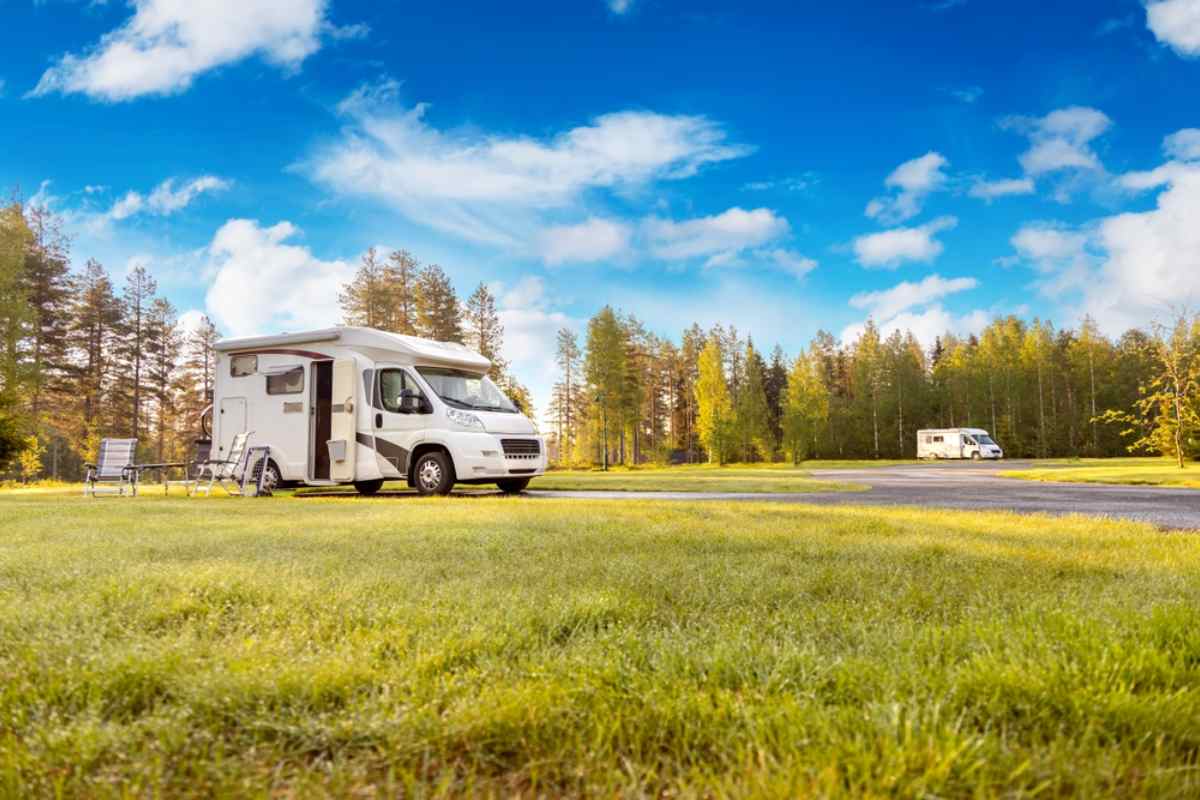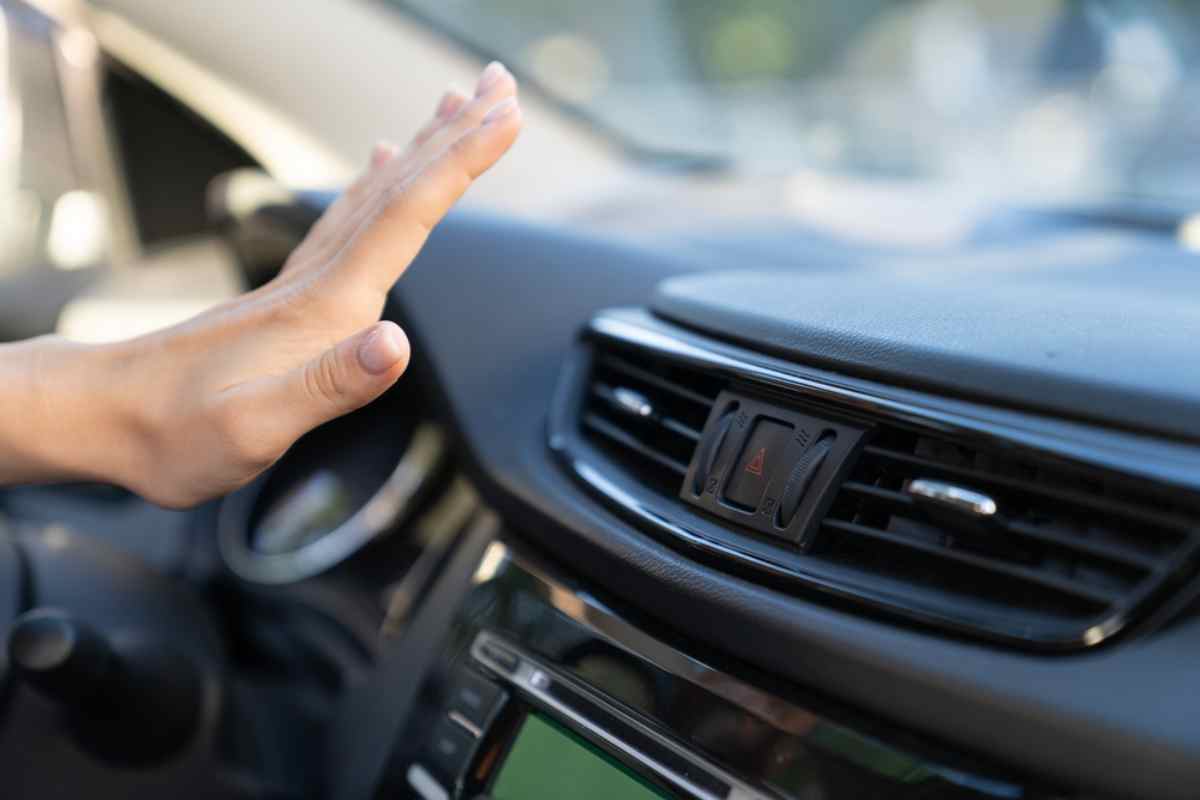04-07-2025

Iceland can be an expensive destination, leaving some travelers looking for ways to save money. The cost of hotels is often one of the biggest factors in how much you spend on your trip. However, you may be wondering, “Can you sleep in your car in Iceland?” The short answer is yes, but you need to know the legalities and requirements to avoid trouble on your adventure.
The first question many people have is whether it’s legal to sleep in your car in Iceland. Knowing the local laws is vital to avoid getting significant fines or getting into legal trouble while you’re traveling in another country. So, can you sleep in your car in Iceland from a legal standpoint?
Wild camping was once legal in Iceland, but with the increase in tourism, the law was changed in 2016. At that time, it was decided that allowing visitors to camp anywhere had become an issue. The latest law allows sleeping in a vehicle but requires visitors to stay in a designated campground.
While this is the general rule, there are some exceptions. If you obtain written permission from the landowner, you are permitted to stay on the property in your vehicle. The challenge comes with identifying the owner and obtaining the required permissions to do so.

In most situations, you will need to find an open campground to spend the night in your vehicle. You can find most of the campgrounds, along with their operating months, listed on tjalda.is. This comprehensive camping website will help you find a nearby location where you can spend the night in your car.
If you are able to identify the owner of the land where you wish to stay, you can request permission to stay for the night. However, keep in mind that it can be difficult to locate the owner of a property in Iceland, and they may not be willing to allow anyone to stay on their land. The key is to be respectful and follow their wishes.
Now that you know where you can sleep in a car, the next concern is often whether it’s safe and if it’s comfortable to sleep in a car in Iceland. Iceland is a relatively safe country, and the comfort factor depends on which vehicle you choose, what you bring along, and your personal situation.
There are challenges to sleeping in a car in Iceland, even if you follow the rules. For instance, Iceland can be quite cold, even in the summer. Rental cars typically don’t include heaters, so you will need to have the proper gear to keep you warm throughout the night. In the winter, car camping isn’t advised since it is more difficult to stay warm.
Car camping can also leave you feeling cramped. Many rental cars don’t have the space to really stretch out and sleep comfortably. In addition, privacy can be challenging. Campervans have curtains, making it difficult to see inside as you sleep. A car won’t offer the same level of privacy as vehicles designed specifically for camping.

Having the right gear can significantly improve your experience of sleeping in a car in Iceland. A properly rated sleeping bag to keep you warm at night is essential. You will also need warm clothing and undergarments. Layering is always the best option for traveling in Iceland, especially if you plan to sleep in your vehicle.
It’s useful to have a GPS device, a paper map, and battery packs for charging to avoid getting lost and ensure you can power up your devices. If you plan to cook for yourself, bring along a camping stove and fuel, along with cooking implements. While it’s important not to use the outdoors as your toilet, a shovel and toilet paper are good to have in an emergency.
In addition to being prepared for the cold, you must also pay close attention to the weather during your trip, especially if you plan to visit in the winter. The weather in Iceland during winter can be harsh, with snowstorms, high winds, and icy roads. If you encounter bad weather and are isolated, camping in a car in winter can be dangerous.
Your next question may be whether it’s better to rent a campervan than to attempt to camp in a rental car. In most situations, the answer is yes. Even though campervans can be more expensive than cars, they are better equipped to handle all your camping needs during your trip.
Campervans are usually a better option for overnight stays because they are already equipped with a heater, a bed, and bedding to ensure you get a good night’s rest and are comfortable. They also have everything you need to enjoy camping, including cooking equipment to prepare your meals and plenty of space to relax.

Renting a campervan and staying in campgrounds around the Ring Road can often be more cost-effective than renting a larger SUV and staying in hotels. An SUV may be a similar price to a campervan and use a similar amount of fuel, but campgrounds are significantly cheaper than hotels. You can also save money by preparing your meals rather than eating out.
Overall, campervans can go anywhere other rental cars can go. The only restriction you may face is whether you can drive the F-roads. However, if you rent a 4x4 campervan, you may still be able to drive on some of the F-roads. In addition, you will need to make sure you are parked in a campground for your overnight stays unless you have permission from the landowner.
Campgrounds are the only place to legally sleep in your car or campervan overnight unless you have specific permission. Therefore, it’s important to map out your stays along your journey. In the summer, all campgrounds are open, but in the fall, winter, and spring, you will need to note which ones are open year-round.
As long as a campground is open, you will be able to spend the night there, even if you are sleeping in a car. In some cases, you may also be able to stay in a closed campground, but you should contact them to inquire about the possibility.

You may be wondering whether you can just park in a free parking space and save money on camping. The Icelandic wild camping laws do not allow for this practice. While you can use any parking space during the day, you will need to find a campground when you’re ready to spend the night.
After all, during the day, a campervan is like any other rental car to get you around to your destinations. You will be able to park at stores, museums, attractions, and more with no worries.
Whether you can’t find accommodations for the night or you have simply decided to spend the night in a car, there are some tips to make the situation more comfortable.
First and foremost, pack appropriately. You will need a good cold-weather sleeping bag, warm clothing, and a portable charger to keep your electronics charged. You may consider a car heater, but keep in mind that these heaters can be a safety concern.

Rental cars generally aren’t set up for privacy like campervans. You may want to pack sheets or blankets to hang in the windows to increase privacy and keep your personal belongings out of sight. You can also cover suitcases and other valuables with a blanket to keep them safe. Always lock the doors when you will be sleeping.
In addition to a good sleeping bag and warm clothing, you can make car sleeping more comfortable. A pillow and a mattress topper or sleeping pad can be a great way to improve comfort while you sleep. If you will be visiting in the summer, a sleep mask can be beneficial since there are nearly 24 hours of daylight.
Can you sleep in your car in Iceland? While the answer to this question is generally yes, you will need to consider many factors, including your comfort. When you rent a car in Iceland for camping purposes, a campervan is often a better choice for warmth, comfort, and peace of mind.
No matter what you decide, camping in Iceland can be the adventure of a lifetime, giving you more flexibility and helping you keep your budget lower.